
AeroGenie — Votre copilote intelligent.
Tendances
Categories
United Airlines CFO Says AI Has Eliminated 8% of Jobs, Outlines Future Cuts
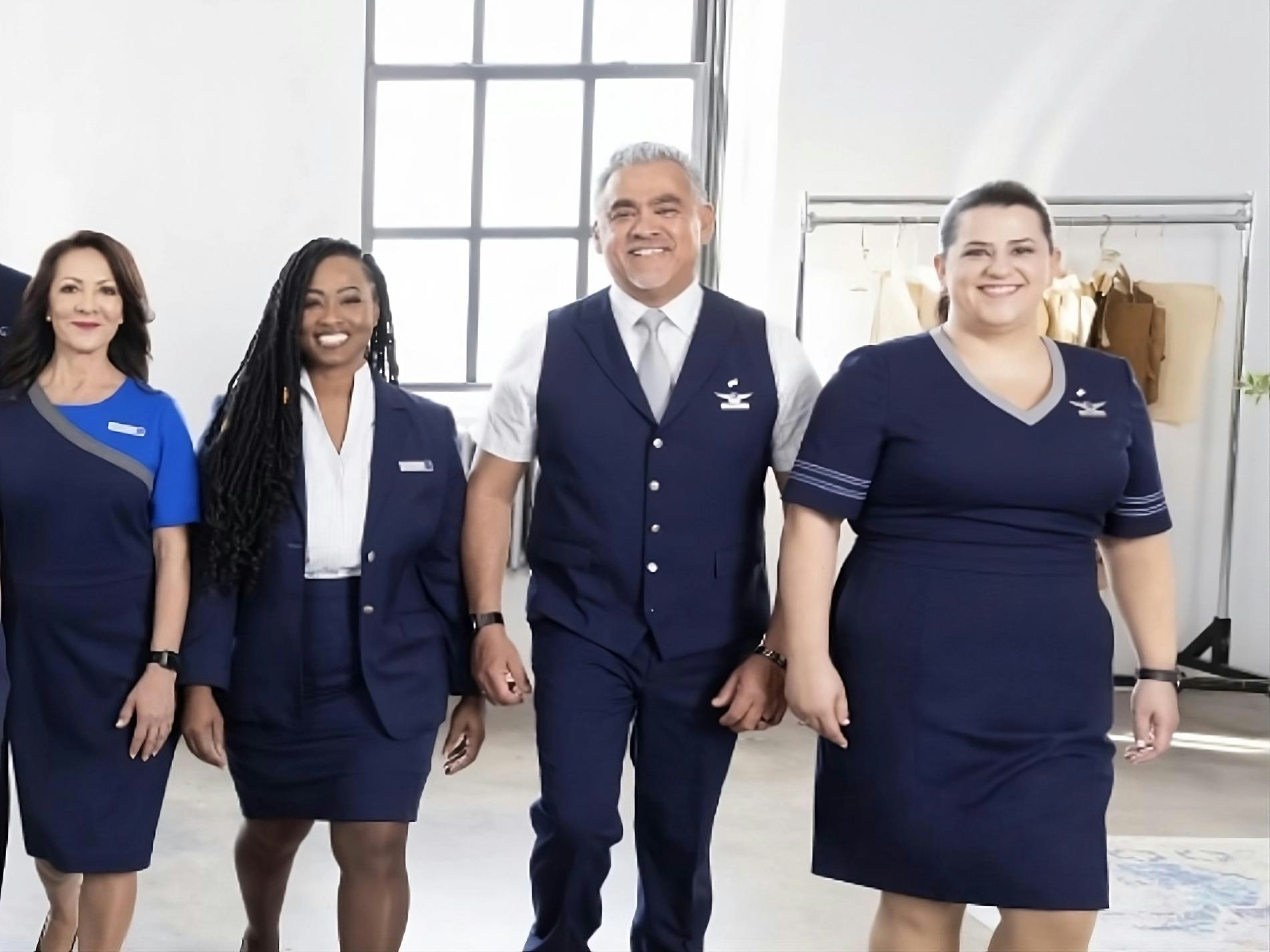
United Airlines CFO Highlights AI-Driven Job Reductions and Future Workforce Plans
United Airlines Chief Financial Officer Mike Leskinen revealed during the company’s third-quarter earnings call that artificial intelligence (AI) has already led to the elimination of 8% of jobs at the airline’s headquarters. He further outlined plans for additional workforce reductions as the company intensifies its automation efforts.
Leskinen noted that the management headcount at United’s headquarters is currently 4% lower than the previous year, a decline he attributed to process improvements and the integration of AI technologies. The airline anticipates reducing its headquarters workforce by an additional 4% in 2026 as part of ongoing efficiency initiatives. “We’re making process changes and using AI to make the work of our headquarters management team more efficient,” Leskinen stated. “As this efficiency work continues, we’re planning to shrink another 4% in 2026.”
Broader Industry Trends and Operational Transformations
United’s approach reflects a wider movement within the airline and technology sectors, where companies are increasingly leveraging AI to enhance efficiency and reduce costs. Lufthansa, for instance, recently announced plans to cut 4,000 jobs by 2030, citing similar objectives of improving profitability through AI-driven operational improvements. In the technology industry, data from Challenger, Gray & Christmas indicates that over 17,000 job cuts this year have been linked to AI adoption.
Historically, airlines have been cautious in adopting new technologies due to stringent regulatory environments. However, United is positioning itself as an early adopter of AI-driven workforce transformation. Beyond internal efficiencies, the airline has begun employing AI in real-time advertising to boost customer engagement, signaling a broader commitment to automation across its operations.
Industry analysts observe that AI is set to reshape numerous airline functions. In customer service, AI increasingly manages routine interactions such as chats, emails, and calls, handling tasks like rebookings, seat changes, baggage tracking, and voucher issuance during irregular operations. Human intervention is expected to be reserved for complex or exceptional cases.
Back-office operations are also undergoing significant change. Functions including accounts payable and receivable, revenue accounting, and document processing are being automated, reducing reliance on manual data entry and initial reviews. In marketing, AI now drafts copy, segments customer lists, and manages routine communications, enabling human staff to concentrate on partnerships and strategic initiatives.
Revenue management is another area experiencing rapid transformation. Airlines such as Delta report that AI-driven systems continuously update pricing, enhancing demand forecasting and pricing accuracy. Human analysts are transitioning to broader strategic and oversight roles, establishing parameters for AI-driven decision-making.
As AI adoption accelerates, the airline industry is expected to witness ongoing workforce reductions, particularly in roles involving repetitive or rules-based tasks. United’s recent announcement underscores the expanding influence of automation on traditional corporate structures and signals further changes ahead.
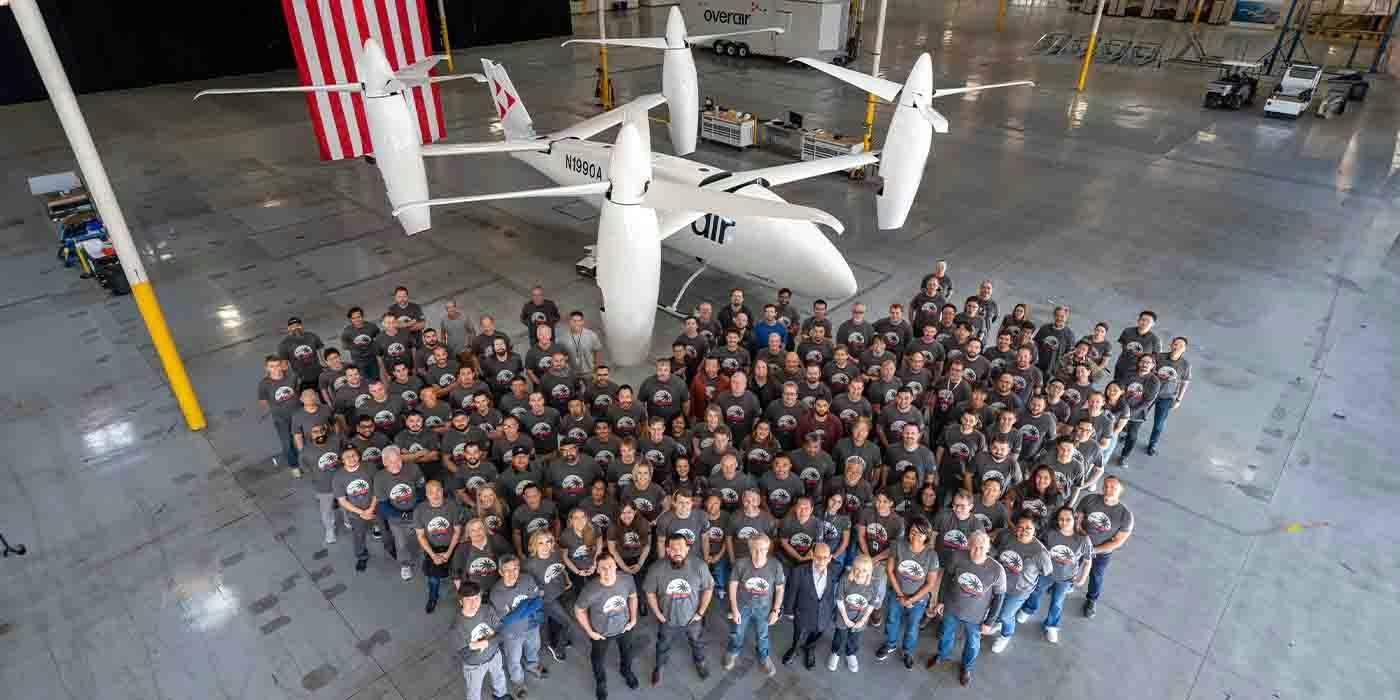
Unique mixed-propulsion eVTOL completes transition flight testing
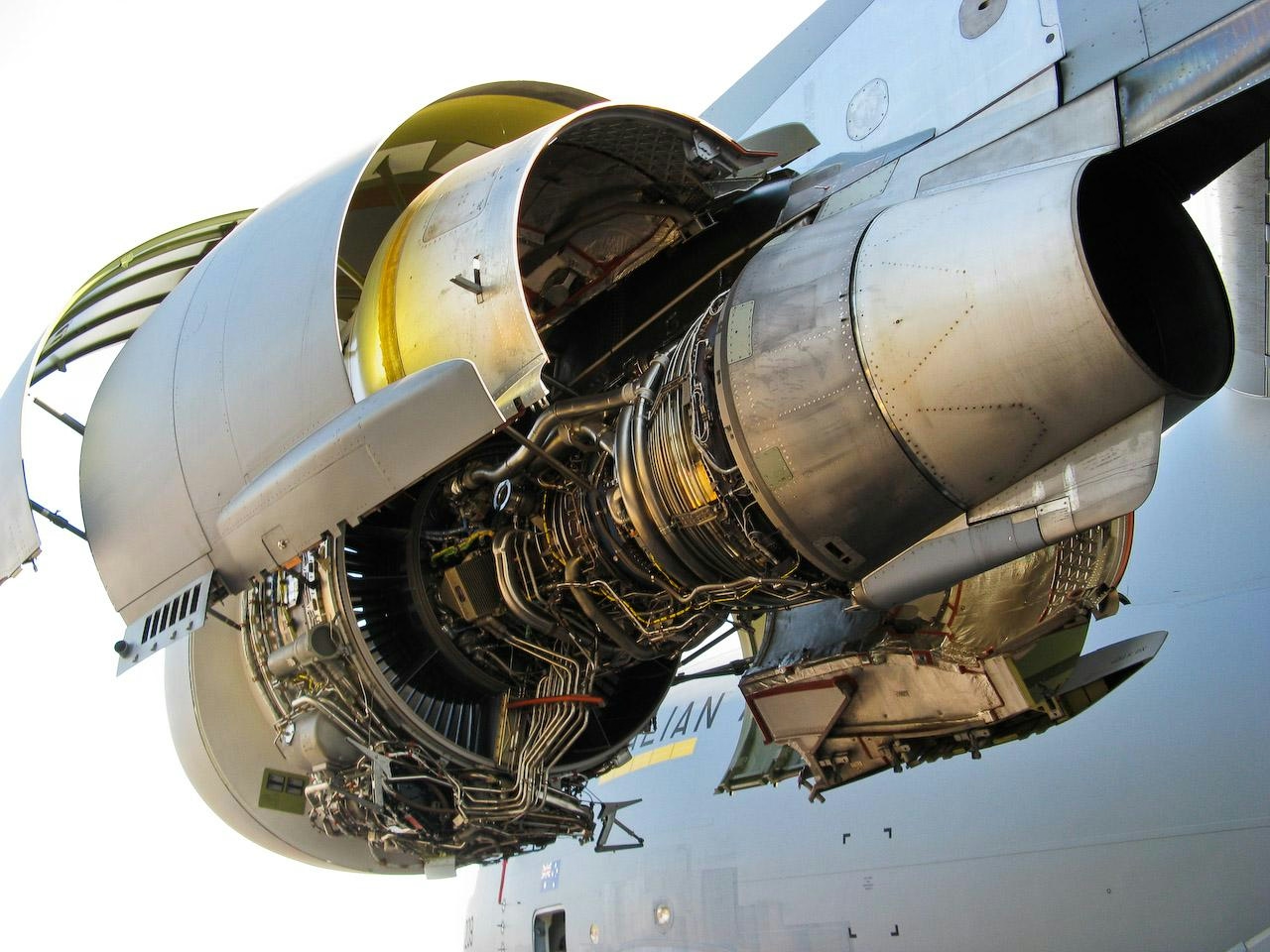
Are C-17 Globemaster Engines Derived from Boeing 757?
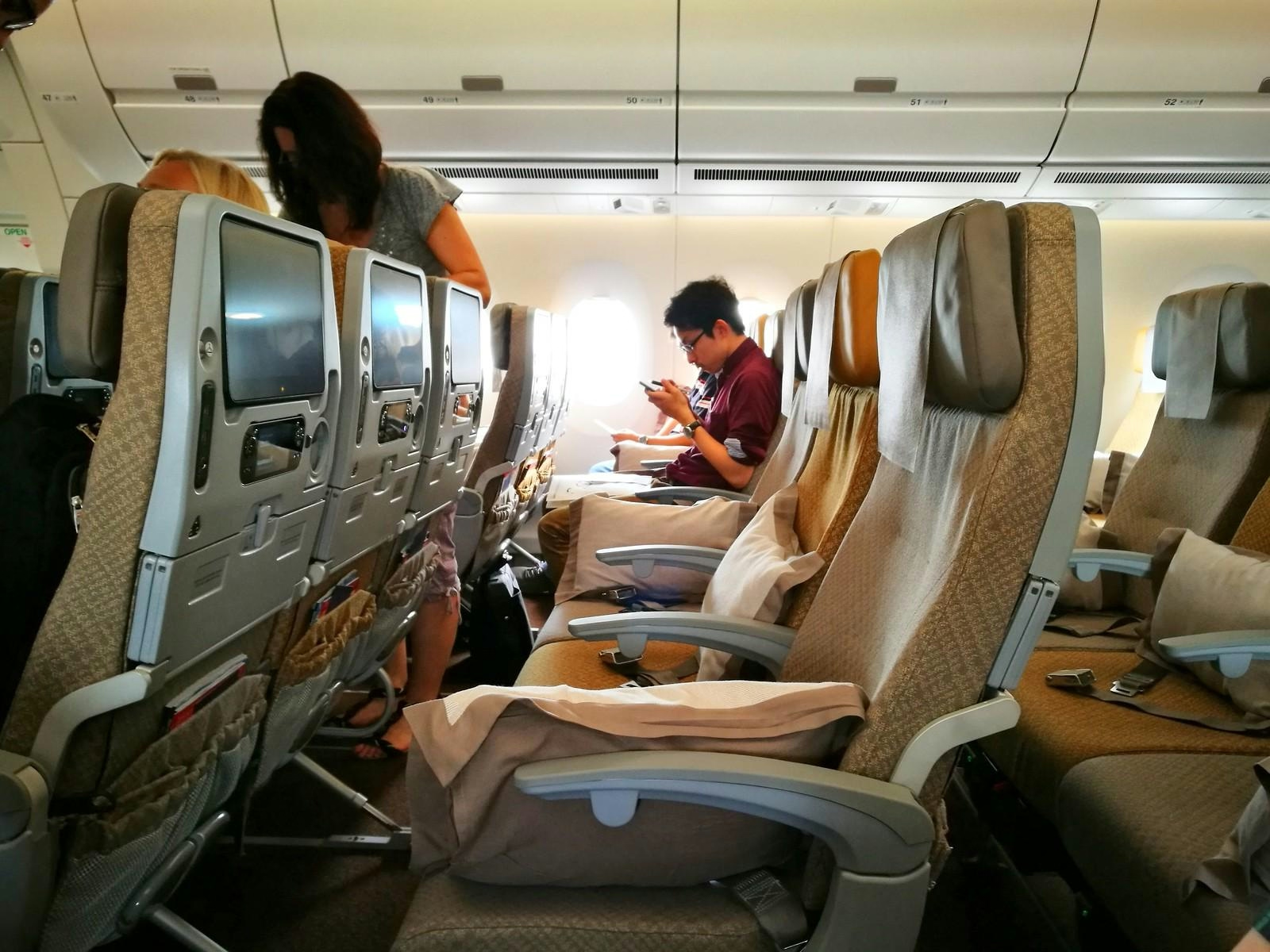
Why the Airbus A350’s Cabin Is Quieter Than Other Aircraft
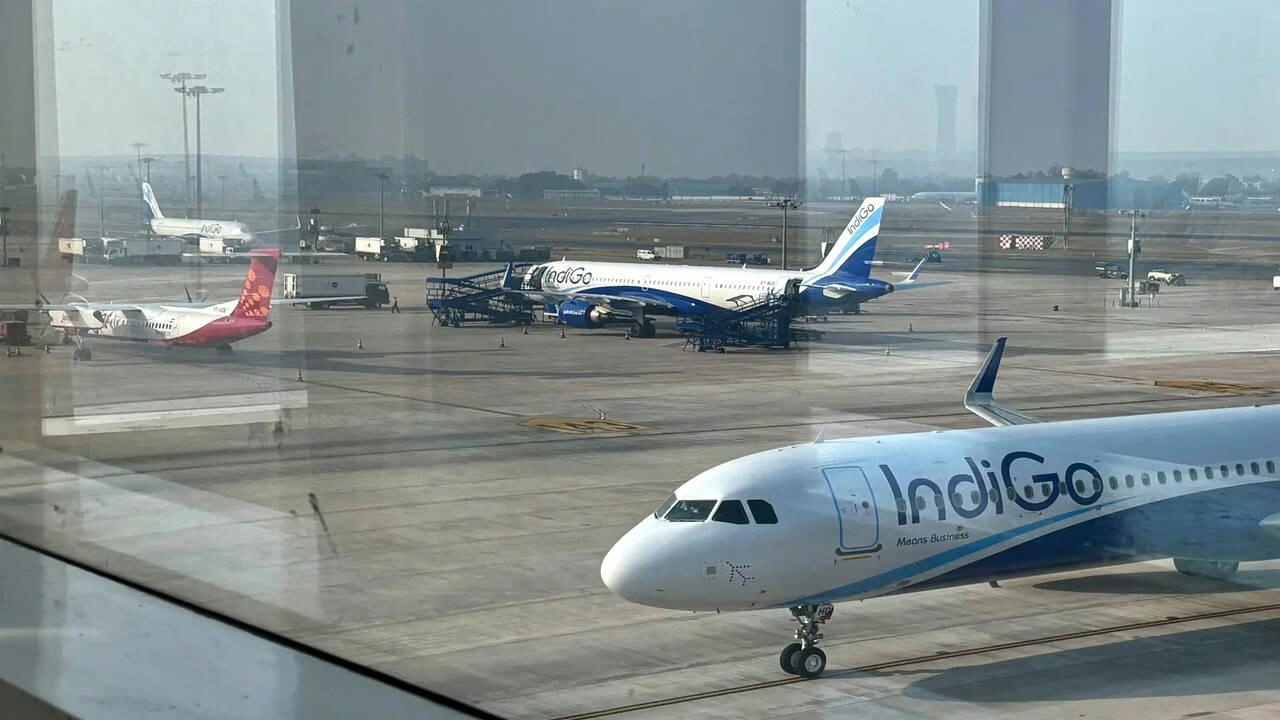
AI and AI Express Plan to Increase Capacity Amid IndiGo Flight Disruptions
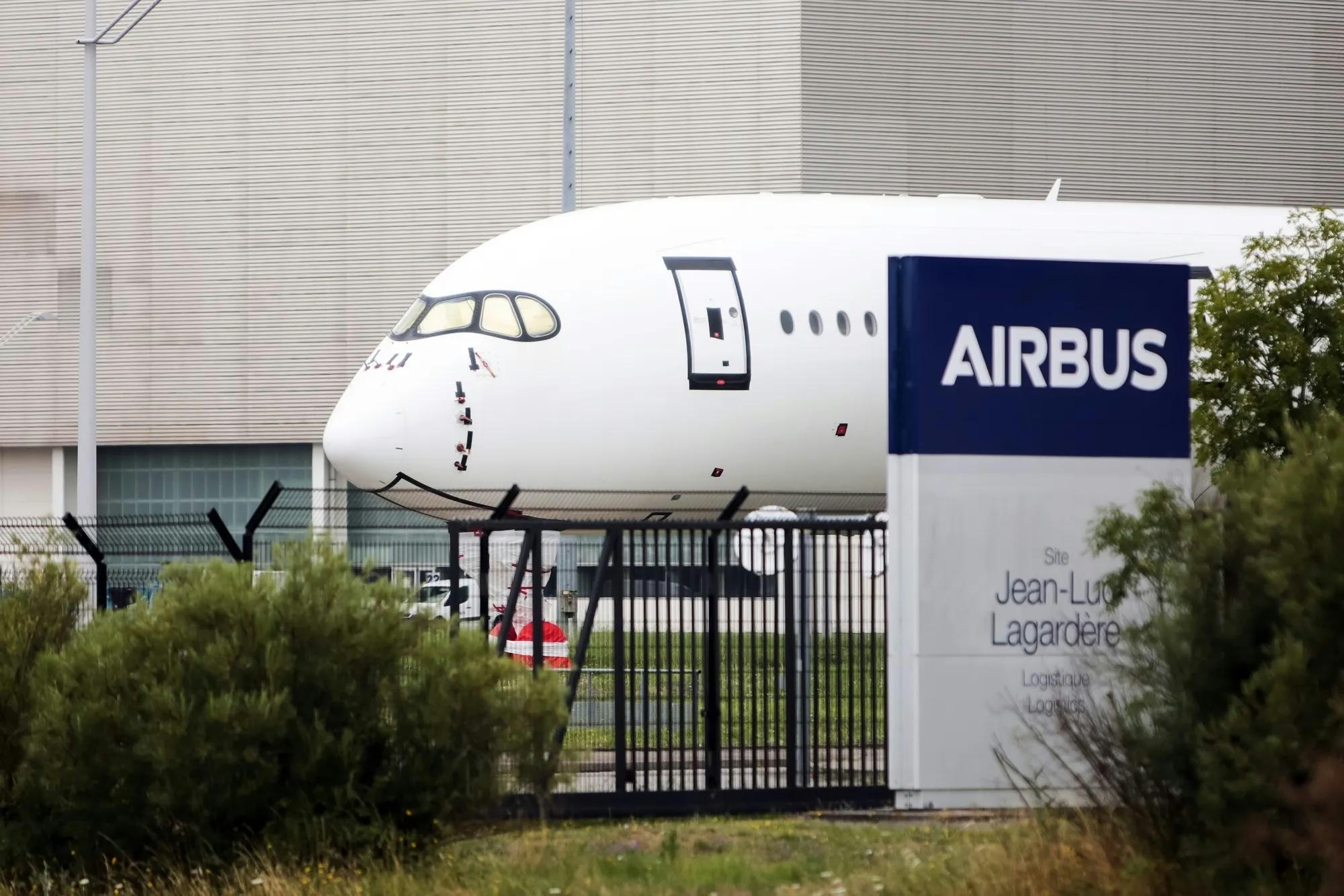
Kazakhstan and France Agree on Airbus Aircraft Deliveries
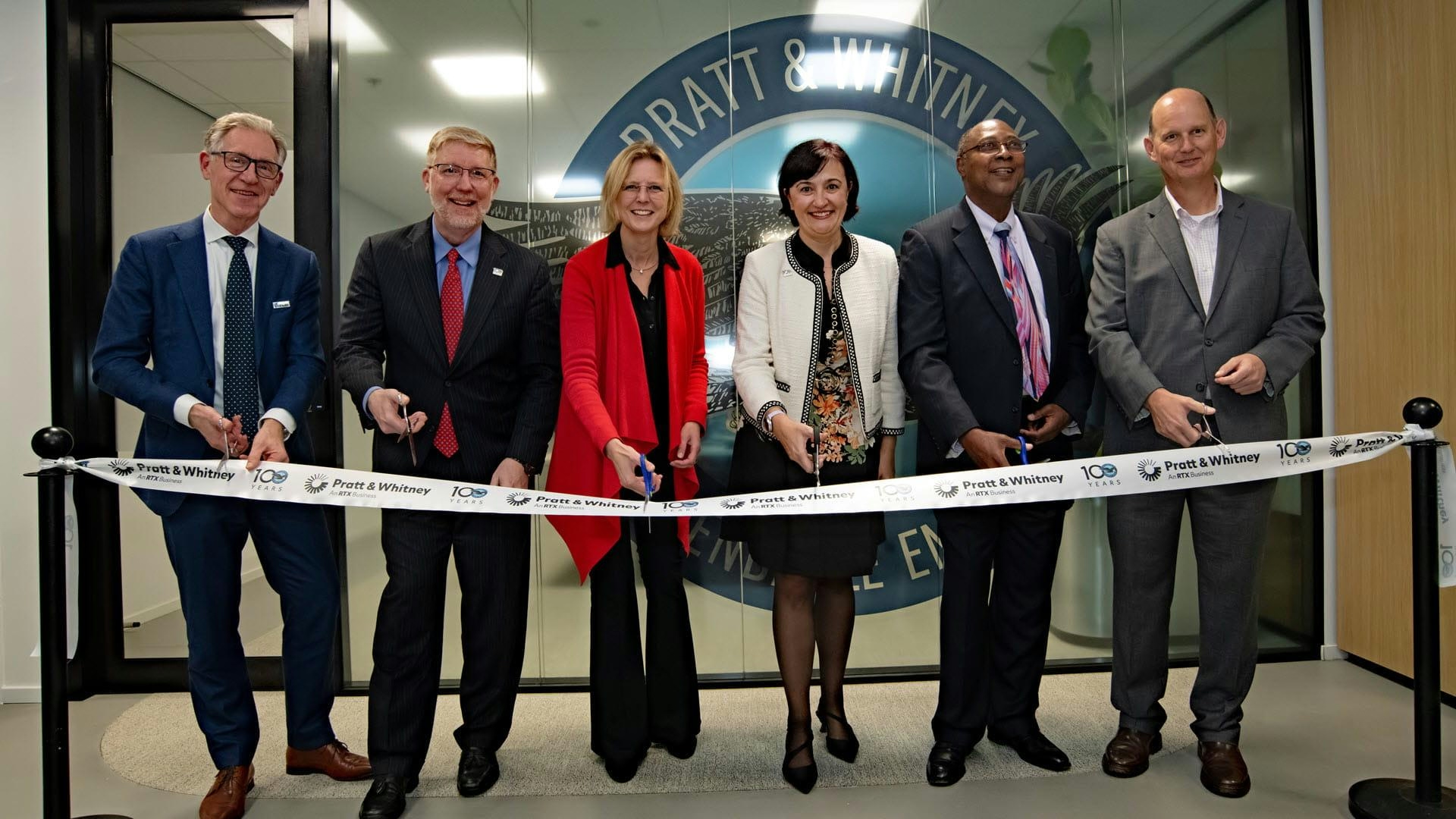
Europe’s Emerging Talent Drives Aviation Innovation
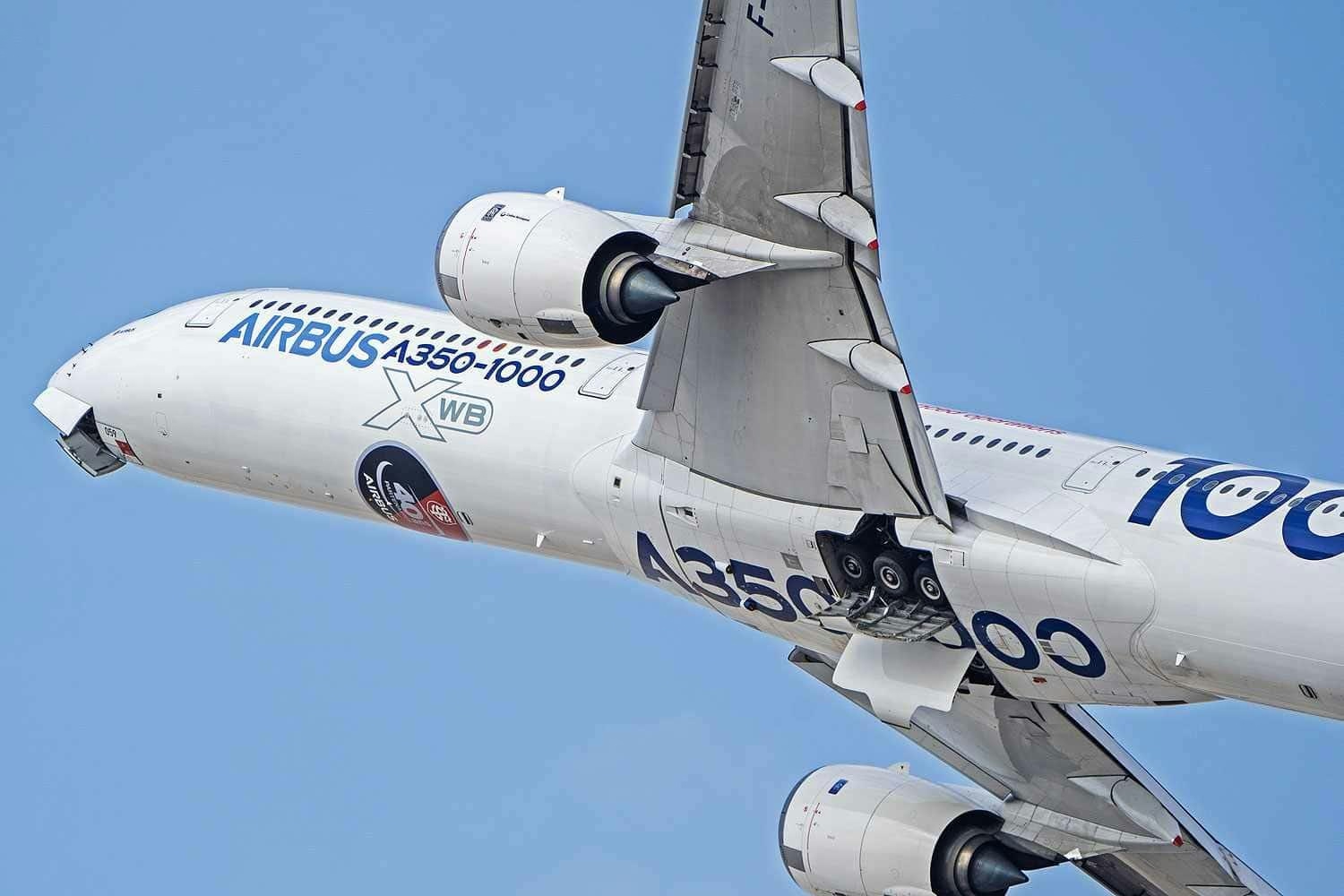
Airbus Receives New Order for A350-1000
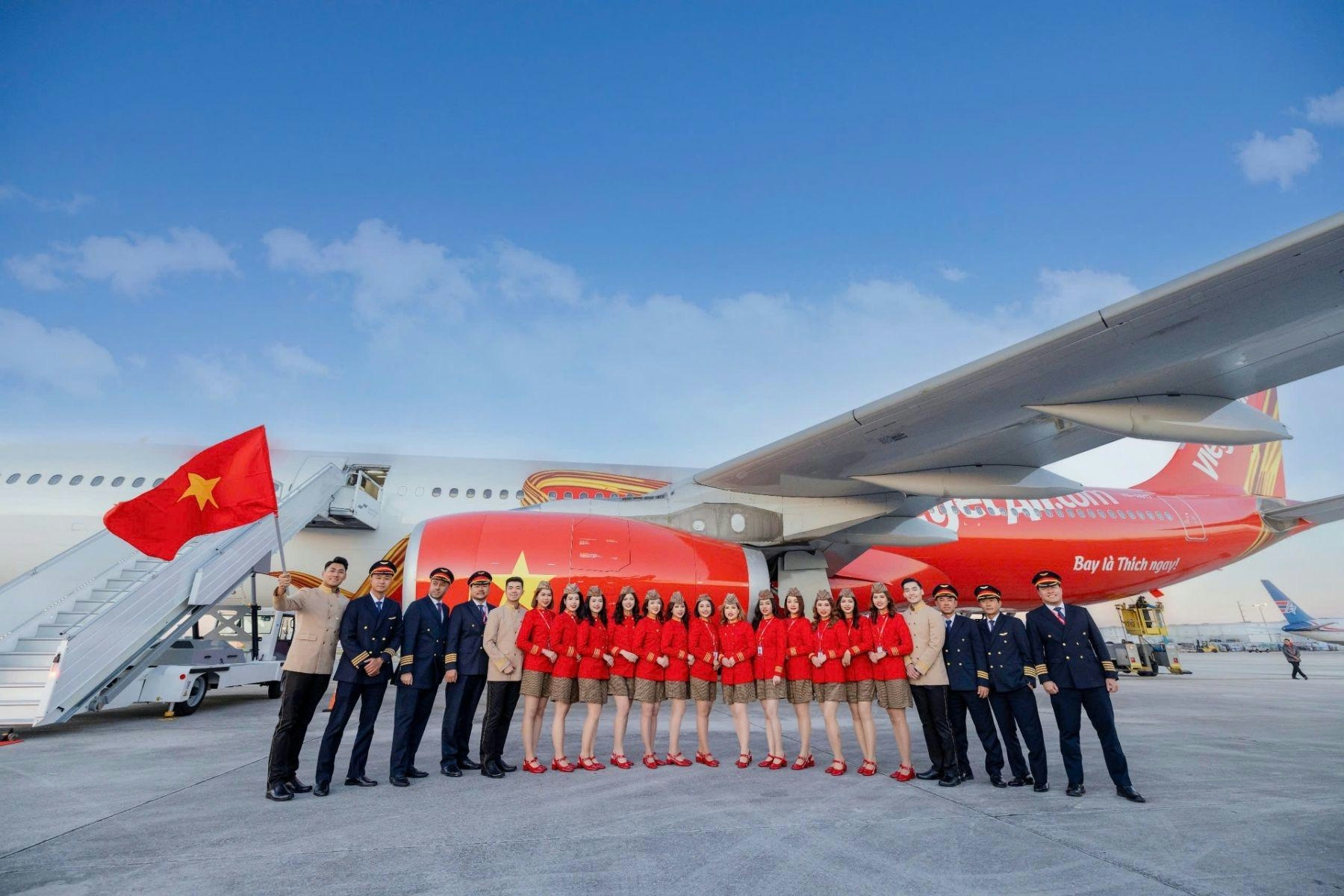
The Leading Widebody Aircraft in Service Today
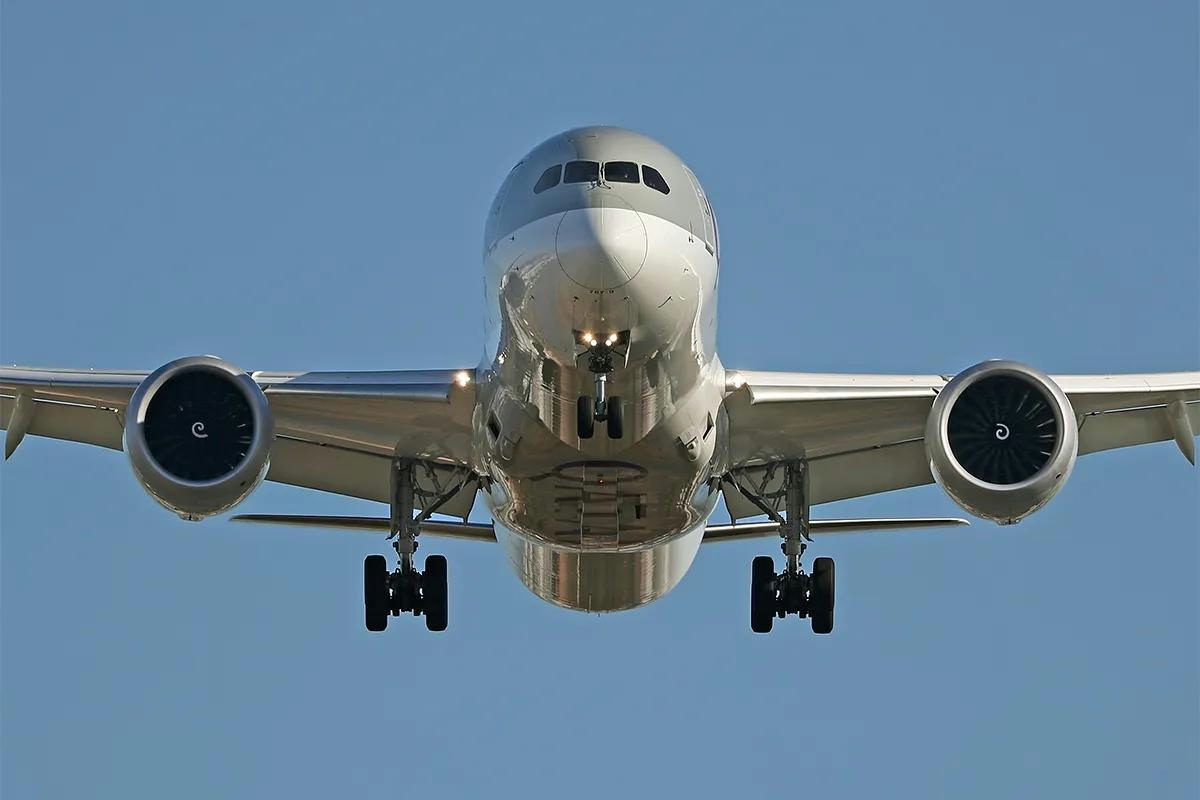
The Fastest Boeing Jet Currently in Service
